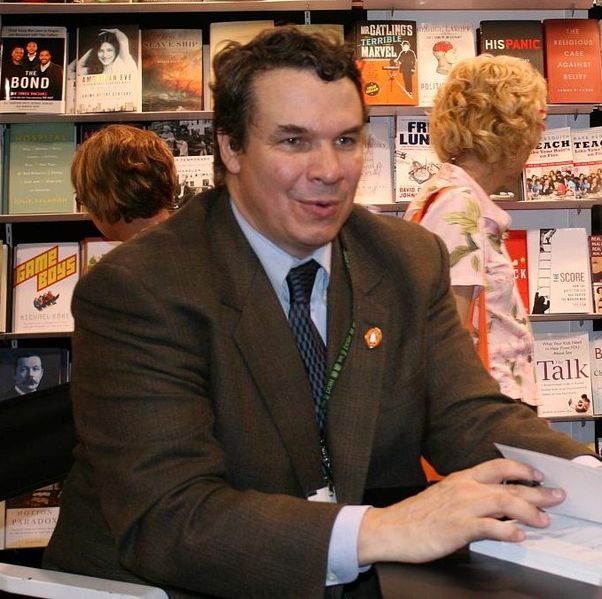The story about Greg Mortenson has raised questions into oversight of non-profits in the US. It is alleged that Mortensen printed false tales in his book "Three Cups of Tea" The state of Montanta is about to begin an investigation on Mortenson's charity Central Asia Institute over improper use of funds raised mainly fuel his personal book tour.
When any charity files for tax-exempt status, the IRS usually accepts them without much investigation. So a charity that does little to no actual charitable work can be accepted and begin raising money. Experts say that laws already in place need to be better enforced to prevent any future charitable fraud.
From Reuters, writer Michelle Nichols has this anaylsis of US charity oversight.
U.S. tax authorities grant groups charitable status, which exempts them from taxes, and require most to file annual informational tax returns, but experts say the main source of regulation faced by nonprofit groups is at state level from the attorney-general.
"The problem is that very few states have put the resources they should into this part of the attorney general's activities and the quality of regulation ... varies," said Leslie Lenkowsky, a professor of public affairs and philanthropic studies at Indiana University.
...
U.S. tax authorities reject very few applications by groups wanting to become charities, but making it more difficult would raise concerns about what criteria would be used to determine a nonprofit and could hinder efforts by groups to do good.
There are several independent charity watchdogs such as Charity Navigator and the American Institute for Philanthropy, where donors can get advice about larger nonprofit groups.
But their views can differ. The institute wrote a critical report about Mortenson's Central Asia Institute, while the Navigator gave it a top four star rating and then added a donor advisory warning when concerns about the group were raised.
"The vast majority of donors are looking for information that is readily available; they don't have a lot of time to do research for their charitable giving," said Ken Berger, chief executive of Charity Navigator.
"We're trying to oversee what is basically a $2 trillion part of the American economy -- one out of every 10 jobs -- 10 percent of GDP, and we are a very small operation," he said. "Creating further regulation would not be viable unless we get serious about enforcing existing law more rigorously."


No comments:
Post a Comment